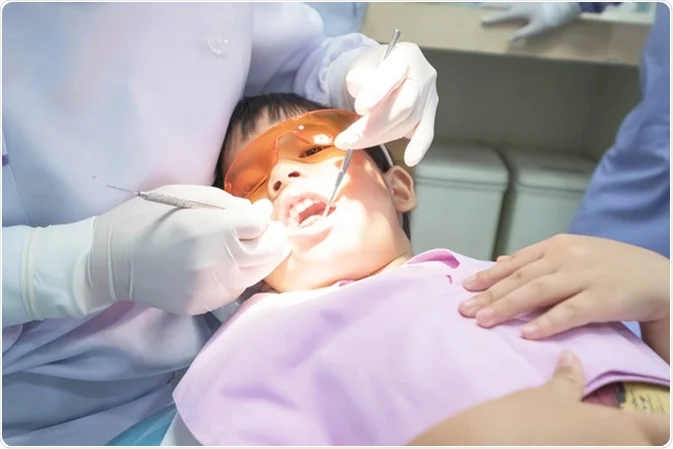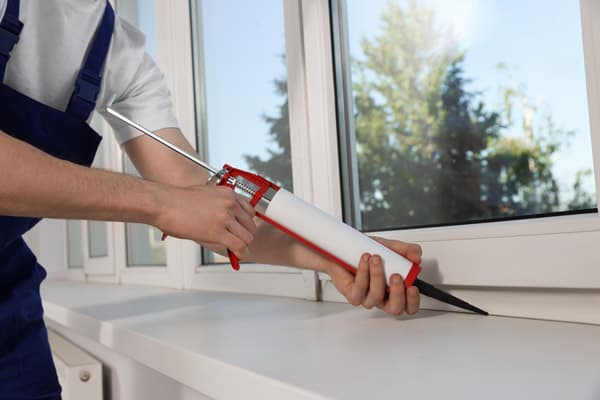Emergency Dental Situations: When to Seek Urgent Care
Dental emergencies can occur suddenly and unexpectedly, causing significant pain and discomfort. Knowing when to seek urgent dental care is crucial for preserving oral health and preventing further complications. In this article, we will explore common emergency dental situations, when to seek urgent care, first aid measures, where to seek help, and preventive measures to minimize the risk of dental emergencies. An emergency dental situation refers to any oral health issue that requires immediate attention to alleviate pain, prevent infection, or preserve oral structures. These situations can range from severe toothaches to traumatic injuries affecting the teeth, gums, or jaw. If you’re ever in need of urgent dental care, remember that 24/7 Emergency Dental Services Plano is here to assist you around the clock.
Common Emergency Dental Situations
Toothache
Toothaches can be debilitating, often indicating an underlying issue such as tooth decay, infection, or injury. Severe, persistent tooth pain accompanied by swelling or fever may indicate an abscess, requiring urgent treatment to prevent further complications.
Knocked-out Tooth
A knocked-out tooth, also known as avulsion, requires prompt action to increase the chances of successful re-implantation. Handling the tooth carefully by the crown (top part), rinsing it gently with water, and placing it back in its socket or in milk can help preserve the tooth until emergency dental care is obtained.
Broken or Chipped Tooth
Fractured or chipped teeth can result from accidents, sports injuries, or biting on hard objects. Depending on the severity of the fracture, immediate dental attention may be necessary to prevent infection and restore the tooth’s function and aesthetics.
Abscess
An abscess is a pocket of pus caused by a bacterial infection, often resulting from untreated tooth decay or gum disease. Symptoms may include severe tooth pain, swelling, fever, and an unpleasant taste in the mouth. Abscesses require immediate dental treatment to drain the pus and alleviate symptoms.
When to Seek Urgent Dental Care
Severity of Pain
Persistent, severe tooth pain that interferes with daily activities or worsens over time may indicate a dental emergency. Pain accompanied by swelling, fever, or difficulty swallowing warrants prompt evaluation by a dentist.
Presence of Bleeding
Uncontrolled bleeding from the mouth, gums, or tooth socket following an injury or dental procedure requires immediate attention. Bleeding gums, especially when accompanied by pain and inflammation, may indicate gum disease or trauma that needs urgent assessment and treatment.
Risk of Infection
Signs of infection, such as swelling, redness, and pus discharge around the tooth or gums, should not be ignored. Dental infections can spread rapidly, leading to serious complications such as sepsis or abscess formation. Seeking prompt dental care is essential to prevent the spread of infection and preserve oral health.
First Aid Measures
Toothache Relief Techniques
Temporary relief from tooth pain can be achieved using over-the-counter pain relievers, numbing gels, or cold compresses applied to the affected area. Avoid placing aspirin directly on the tooth or gums, as it may cause irritation or burns.
Preservation of Knocked-out Tooth
If a tooth is knocked out, handle it carefully by the crown and avoid touching the root. Rinse the tooth gently with water if dirty, but do not scrub or remove any attached tissues. Place the tooth back in its socket if possible, or store it in milk or saliva until emergency dental care is obtained.
Managing Broken or Chipped Tooth
If a tooth is fractured or chipped, rinse the mouth with warm water to clean the area and apply a cold compress to reduce swelling. Avoid chewing on the affected side and seek dental care as soon as possible to prevent further damage or infection.
Where to Seek Emergency Dental Care
Dental Emergency Clinics
Many dental practices offer emergency services or have on-call dentists available to address urgent dental issues outside of regular office hours. Contacting your dentist or a local emergency dental clinic is often the fastest way to obtain treatment for dental emergencies.
General Hospitals with Dental Departments
Some hospitals have dental departments equipped to handle dental emergencies, such as trauma centers or oral surgery units. If unable to reach a dentist or dental clinic, visiting the nearest hospital with dental services may be necessary, especially in cases of severe trauma or infection.
Urgent Care Centers
Urgent care centers may also provide dental services for non-life-threatening emergencies, such as toothaches, minor injuries, or lost dental appliances. While not all urgent care facilities have dental capabilities, they can still offer initial assessment and pain relief before referral to a dentist if needed.
Prevention of Emergency Dental Situations
Regular Dental Check-ups
Routine dental examinations and cleanings can help detect oral health issues early and prevent them from escalating into emergencies. By addressing cavities, gum disease, or structural problems promptly, you can minimize the risk of experiencing severe dental pain or infections.
Good Oral Hygiene Practices
Brushing twice a day, flossing daily, and using mouthwash can help remove plaque, bacteria, and food particles that contribute to tooth decay and gum disease. Maintaining good oral hygiene habits is essential for preventing dental emergencies and preserving overall oral health.
Use of Mouthguards
Wearing a mouthguard during sports activities or at night if you grind your teeth can protect against dental injuries and trauma. Custom-fitted mouthguards provided by dentists offer the best protection and comfort, reducing the risk of broken or knocked-out teeth during impact or teeth grinding episodes.
Conclusion
Recognizing the signs of dental emergencies and knowing when to seek urgent care is vital for maintaining optimal oral health and preventing serious complications. By understanding common dental emergency situations, practicing first aid measures, and taking preventive measures, individuals can minimize the risk of experiencing dental emergencies and ensure timely treatment when needed.



Post Comment